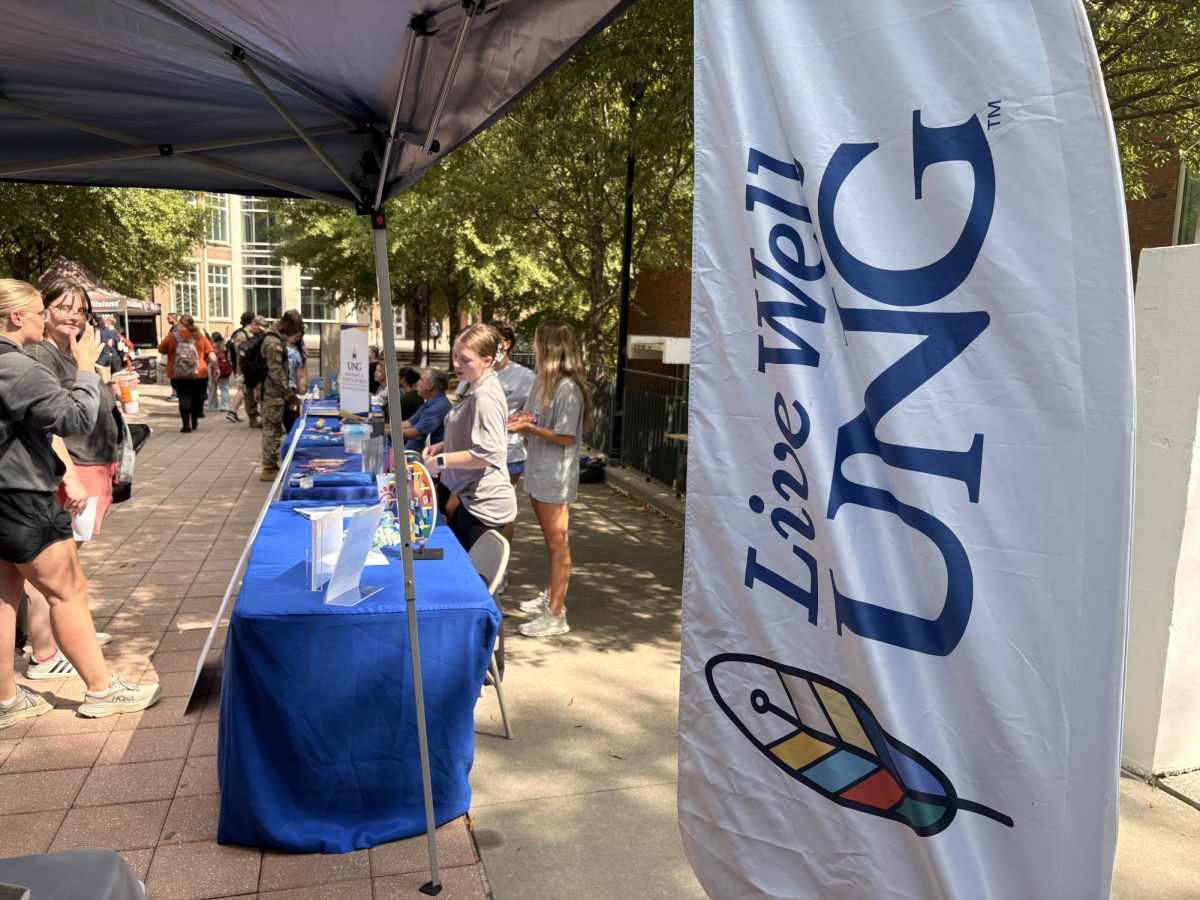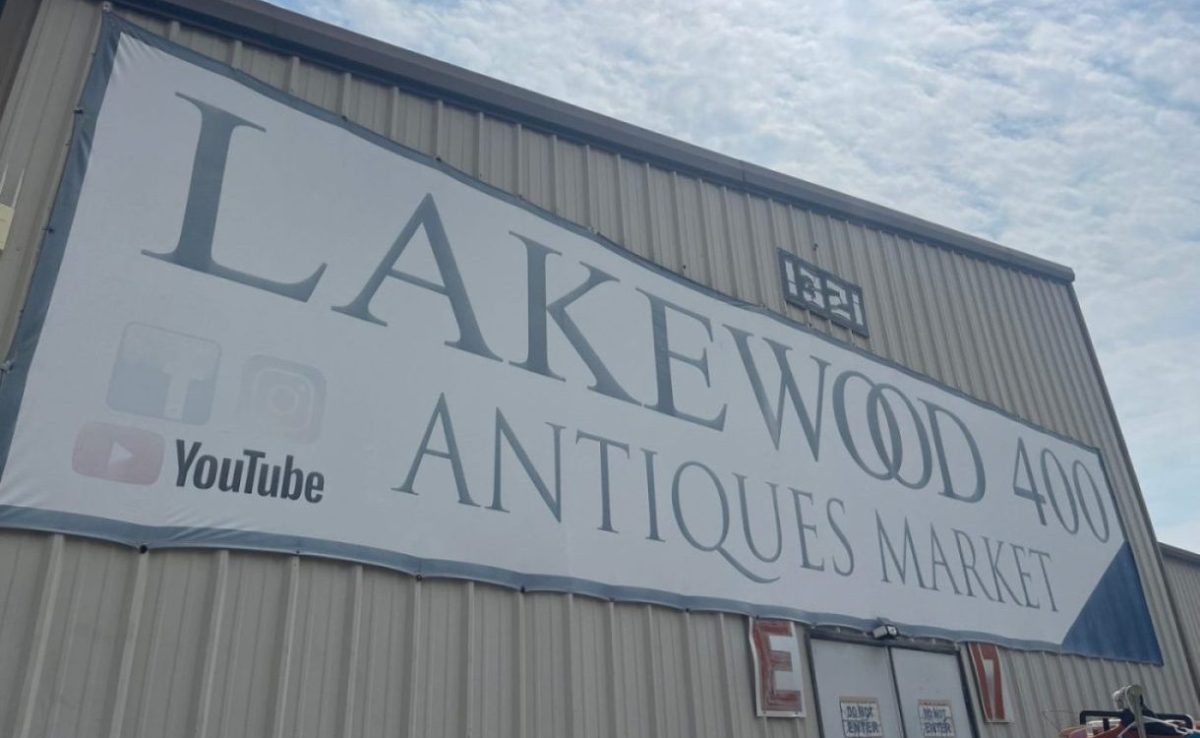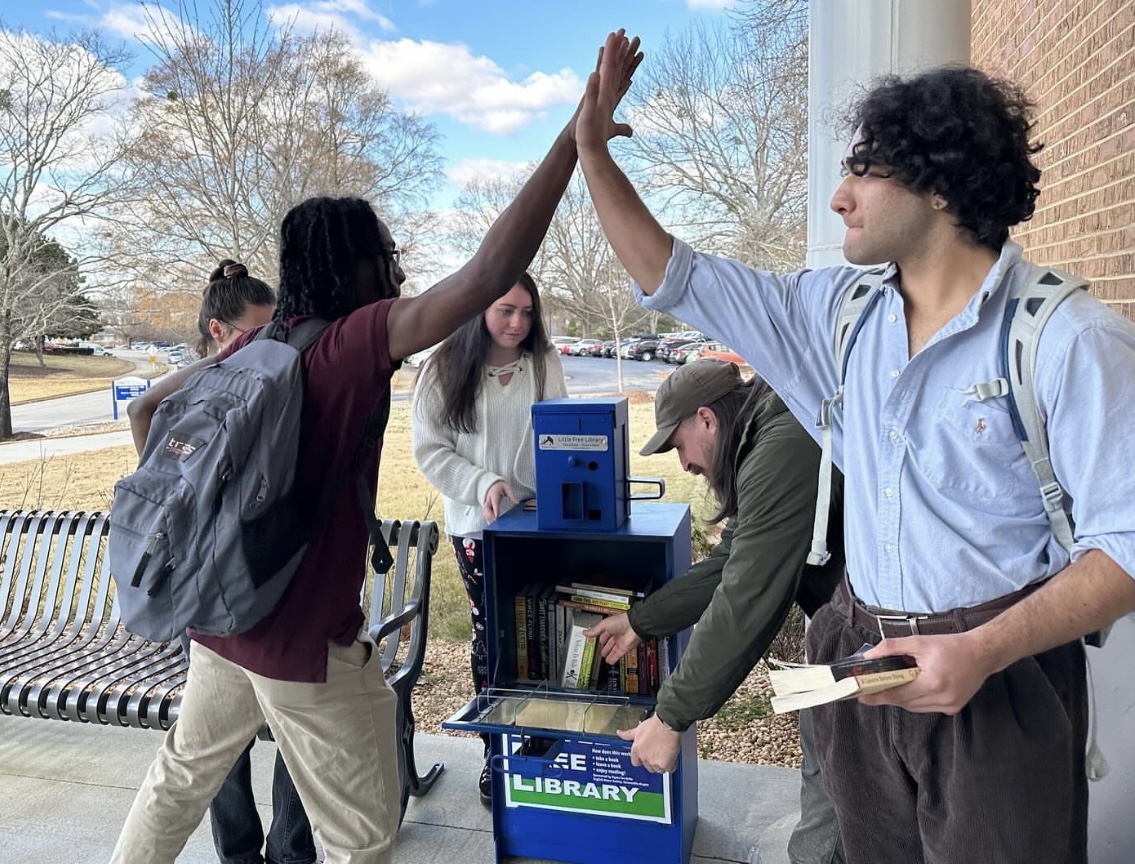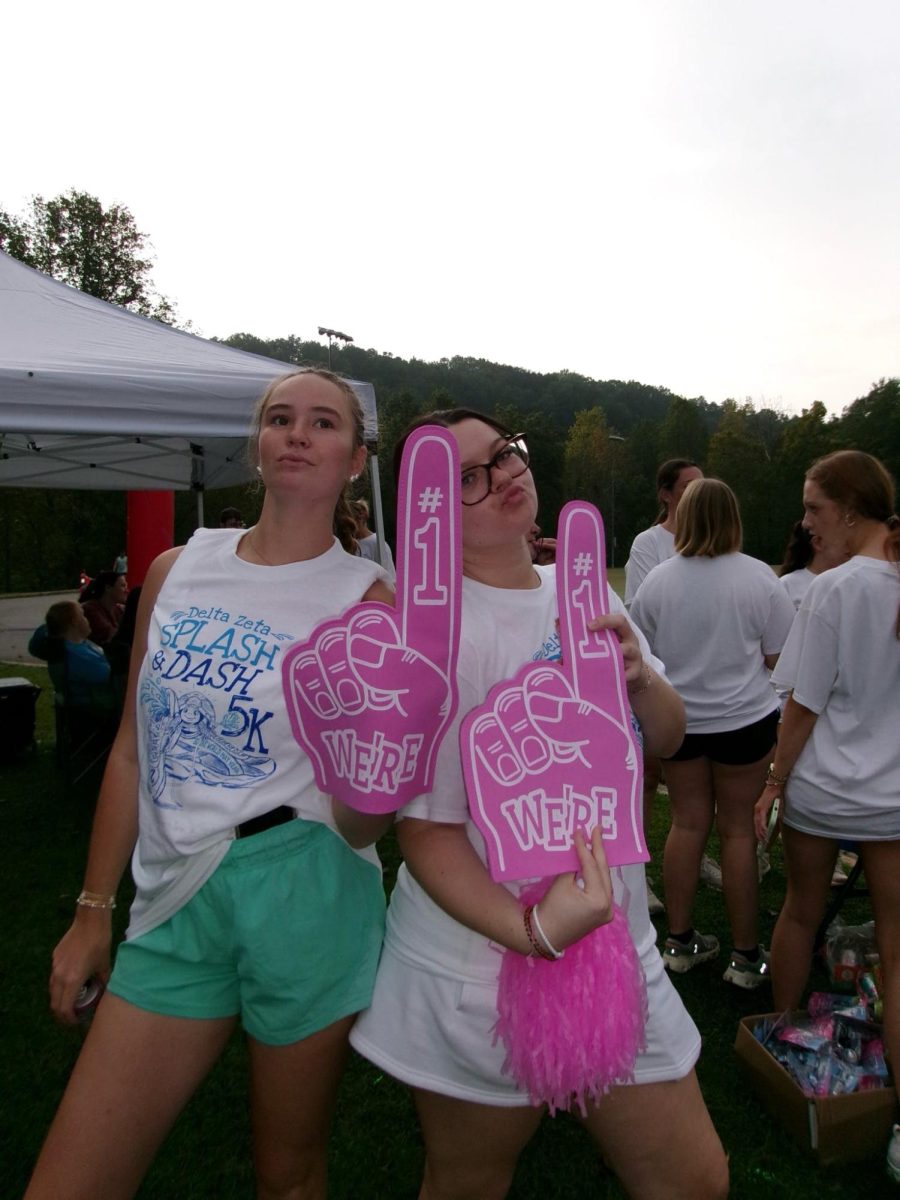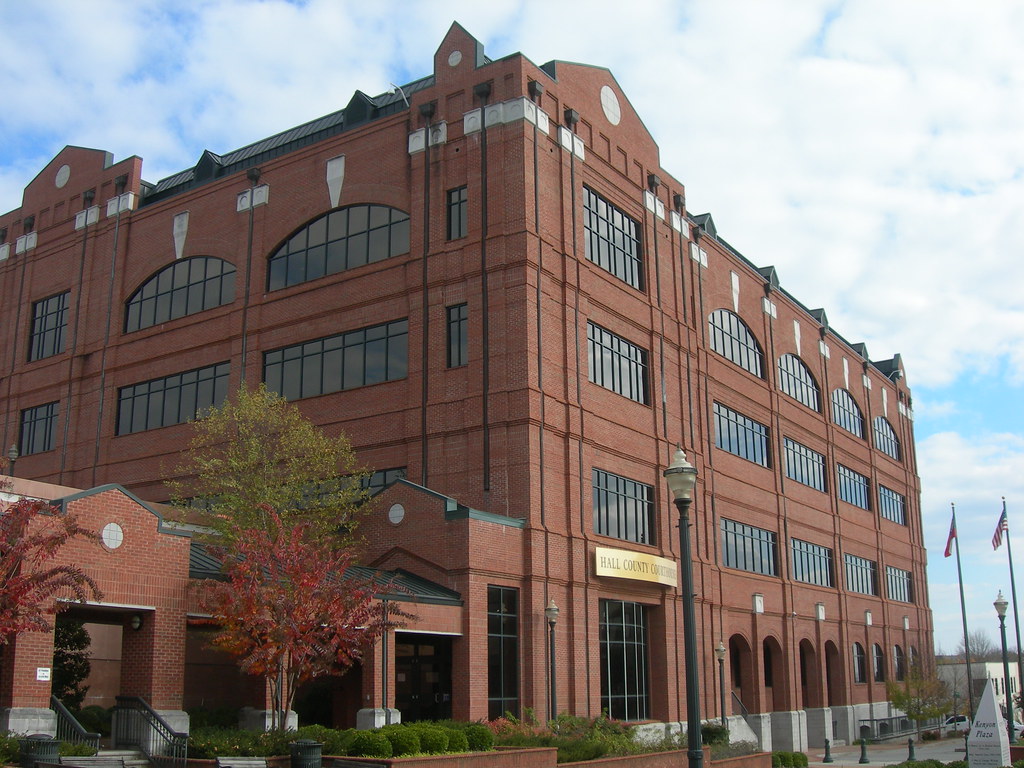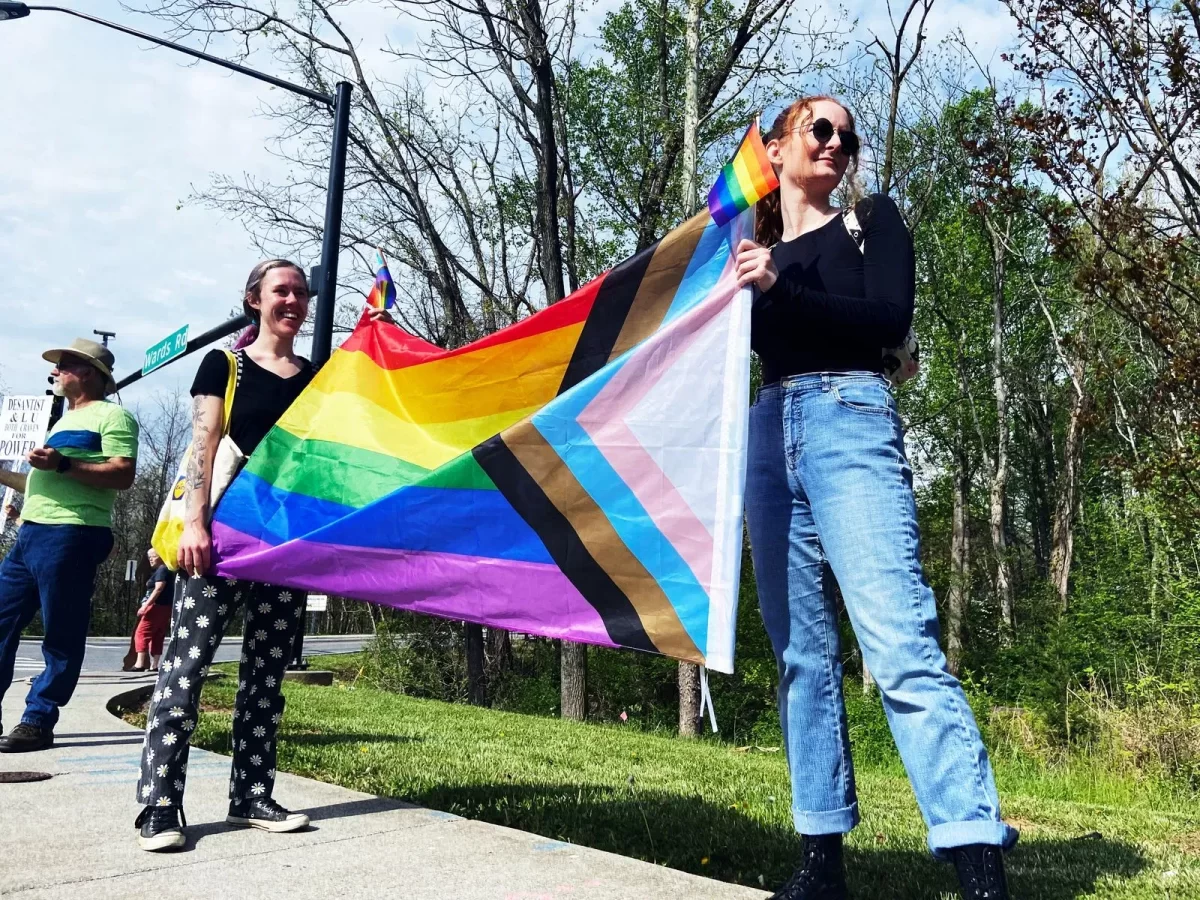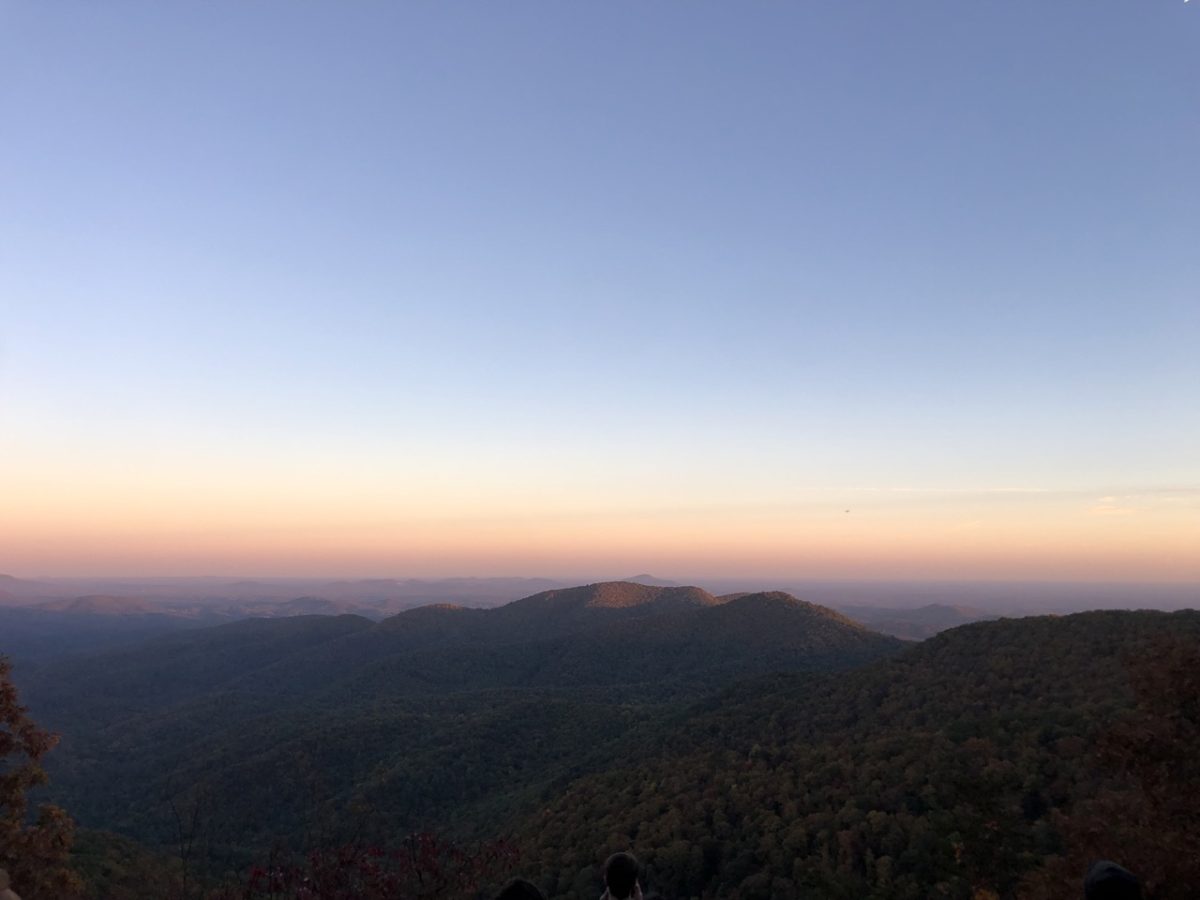Murfreesboro, Tennessee – a city just a four-hour drive from Gainesville, Georgia – finds itself in a struggle concerning LGBTQ+ rights.
Last June, the city council passed Ordinance 23-O-22, a community decency law that critics argue unfairly targets the LGBTQ+ community. The ordinance, initially including language from Section 21-72 of the city code, classified “sexual conduct” to encompass “acts of homosexuality” a phrasing rooted in an outdated statute. The broad and vague nature of this local measure are raising concerns that it could lead to the criminalization of any public expression of LGBTQ+ identity, a particularly alarming prospect for smaller towns like Gainesville where community dynamics can amplify such divisive issues.
Following a court order on Nov. 2, the city agreed to remove the explicit mention of homosexuality from the ordinance. This amendment has yet to be officially codified despite the pending change, homosexuality remains listed as an act of public indecency on the Murfreesboro municipal code website at the time of publication.
The June ordinance continues to be enforced and is being used to target LGBTQ+ individuals and events. City officials have utilized the ordinance to ban books with LGBTQ+ themes from the public library. The Rutherford County steering committee’s recent discussions about removing all books that might potentially violate the ordinance from the public library indicate a broader intent to limit LGBTQ+ representation.
While the ordinance does not explicitly mention LGBTQ+ people, its language and implementation resemble the drag bans passed and blocked in other parts of the country. The ordinance’s vague terms foster an atmosphere of self-policing and fear within the LGBTQ+ community.
The enforcement of the ordinance by city police, subject to individual interpretation, raises concerns. So long as the city code officially lists homosexuality as a banned act, there is a risk of subjective enforcement which could lead to discrimination based on personal biases of law enforcement officers.
In October, BoroPride organizers of the city’s Pride festival, secured a court order preventing Murfreesboro from enforcing the ordinance against Pride events. This legal victory also mandated the removal of the mention of homosexuality from the public indecency code. Matt Ferry, a volunteer with BoroPride, expressed concerns about the broader implications of the ordinance and the city officials’ tendency to equate LGBTQ+ individuals with sexual predators. He emphasized the intimidation and fear instilled in the local LGBTQ+ community, exacerbating their hesitance to openly express their identities in Murfreesboro.
The ongoing ACLU case in Murfreesboro is not just about a single city’s ordinance; it reflects a larger struggle for LGBTQ+ rights across the United States. As the battle for equality continues, it becomes increasingly clear that every vote and every voice matters in shaping communities that respect and uphold the rights of all citizens. The situation in Murfreesboro underscores the critical importance of staying engaged in local politics. It highlights how local ordinances can significantly impact civil rights and community inclusivity.
This incident serves as a reminder that voting in local elections is crucial, as city councils and local governments wield considerable power over community standards and individual rights. It also emphasizes the need for continued vigilance and advocacy to protect the rights of marginalized communities. As the battle for equality continues, it becomes increasingly clear that every vote and every voice matters in shaping communities that respect and uphold the rights of all citizens.









